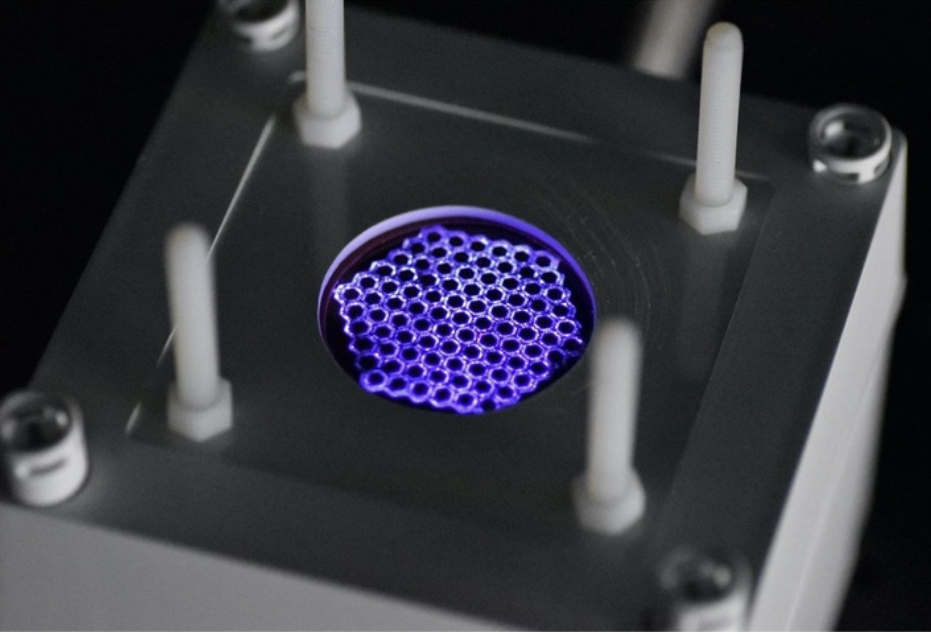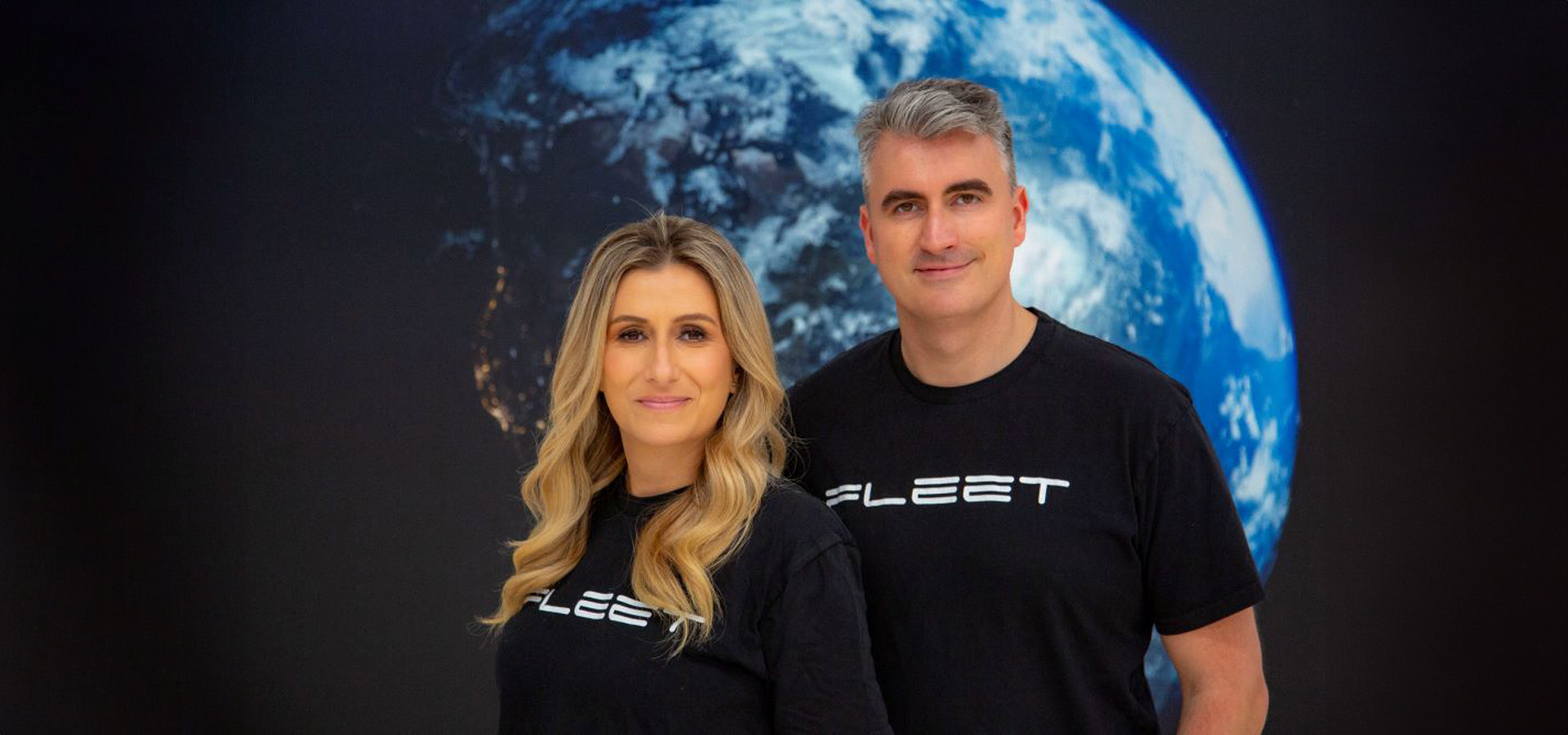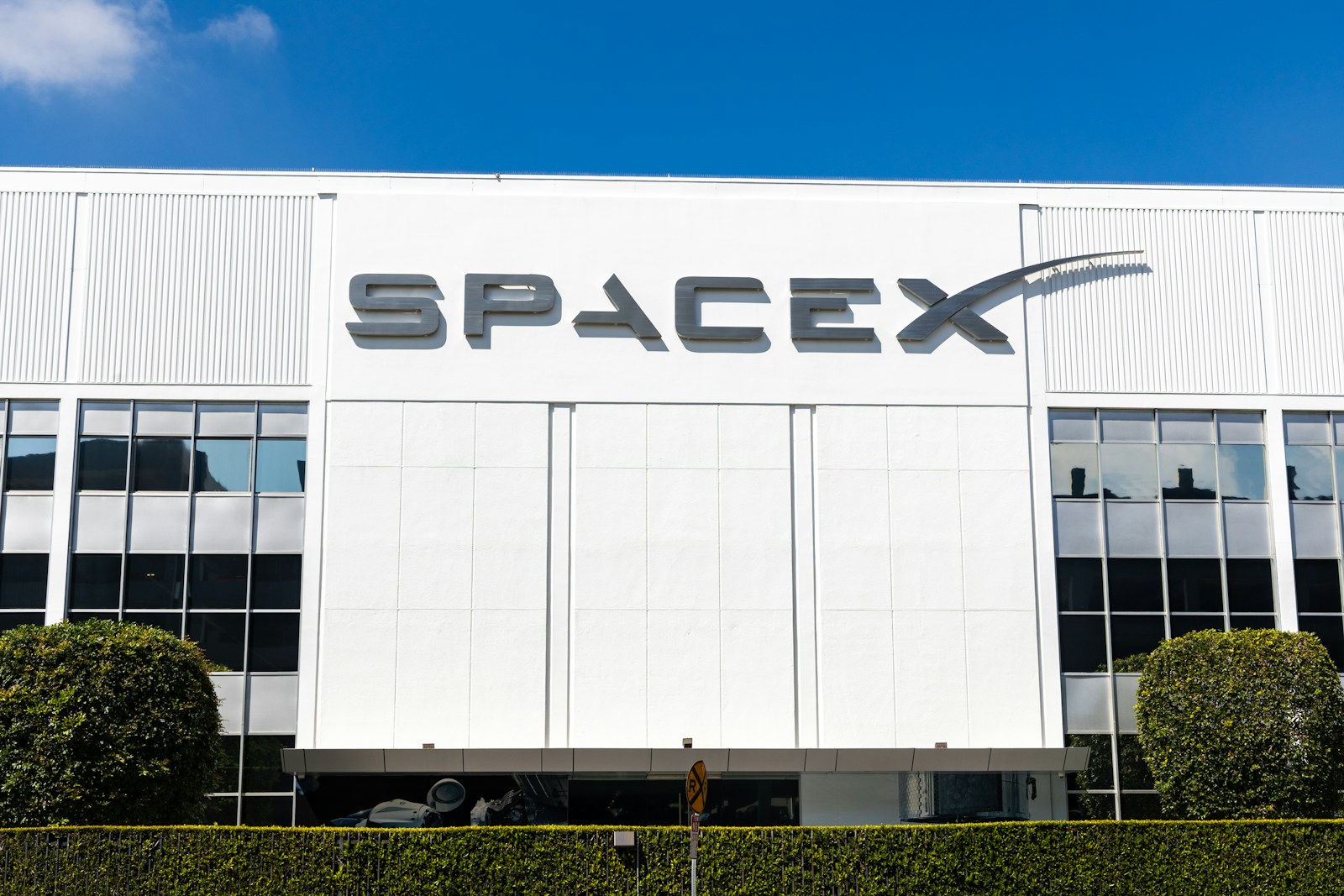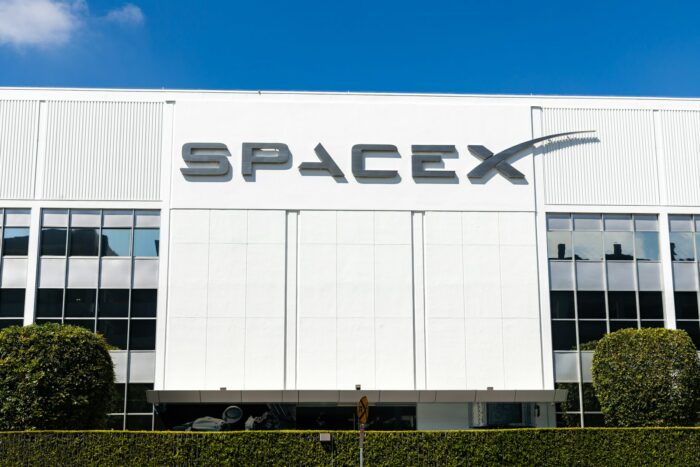Insider Brief:
- The UK Space Agency is investing in projects that could revolutionise traveling to Mars.
- The agency has announced £1.6 million (USD 1.90 million) funding for the eight projects through its Enabling Space Exploration fund.
- The government pledged £1.84 billion (USD 2.19 billion) for important space programmes at the European Space Agency Council of Ministers meeting in November
PRESS RELEASE — March 7, 2023 — The UK Space Agency is investing in projects that could revolutionise our ability to journey deeper into space – and even travel to Mars – safely and efficiently, using remote technologies and supplies found in space to sustain astronauts and spacecraft.
One project is creating remote equipment that scientists can use to run experiments on biological models in deep space from Earth, enabling them to better understand the impact of space on human health and begin designing medical treatments for astronauts.
Other innovations, in different stages of development across the country, include testing improved systems for recycling breathing gases while in space, enhanced methods for extracting valuable resources, such as oxygen and metals, from Moon rock (known as in-situ resource utilisation) and new nuclear power processes for propulsion.
Minister of State with responsibility for Space at the new Department of Science, Innovation and Technology, George Freeman, said:
“Space is the ultimate frontier, laboratory and technology testbed.
“The UK’s long history of leadership in deep space science and exploration is key to both understanding our solar system and origins of life, and creating opportunities for our high growth SpaceTech sector.
“Today’s funding is part of the government’s strategy to use our £5 billion investment in space science and technology to grow our £16.5 billion commercial space sector to create the businesses, jobs and opportunities of tomorrow, and the space clusters from Cornwall to Scotland.”
The agency has announced £1.6 million funding for the eight projects through its Enabling Space Exploration fund on Mars Day, led by STEM Learning to celebrate innovations in space exploration and promote career opportunities in the sector.
Investment in skills and expertise is a key pillar of the National Space Strategy to grow the UK as a global space superpower, and part of our goal to enable sustainable exploration of the Moon and, eventually, Mars.
Supporting innovative technologies enables UK organisations to take part in major exploration missions with international partners.
The government pledged £1.84 billion for important space programmes at the European Space Agency Council of Ministers meeting in November, which includes a commitment to the UK-built Rosalind Franklin Mars Rover, set to launch to Mars in 2028.
Dr Paul Bate, CEO of the UK Space Agency, said:
“The concept of exploring deeper into space – whether that means retuning to the lunar surface through the Artemis programme, or working out how we could travel to, and survive on, Mars and beyond – is a global ambition that has been growing since humanity’s first forays into space in the 1950s.
“Supporting technologies that make that ambition a reality will help raise the international profile of UK space skills and expertise. Not only does this naturally unlock business opportunities all along the supply chain, but it helps inspire young people to consider the possibility of a career in space without having to leave the UK.
“This is an incredibly exciting time for the space exploration sector, and I look forward to seeing how far the results of these projects will reach.”
The latest report on the size and health of the UK space sector showed that at least 47,000 people are employed in space-related jobs across almost 1,300 UK-based space organisations. It also reported a 19% increase in space-related research and development investment up to 2021.
Projects receiving a share of the £1.6 million Enabling Space Exploration funding
Fluorescent deep space petri-pod (FDSPP) flight readiness programme
Lead: University of Exeter, Devon
Funding: £363,000
This project aims to support future planetary exploration by addressing the harmful impact of the space environment on human health. It will establish innovative, miniaturised equipment that will enable scientists to perform biology experiments in deep space, remotely. Designed to give important readouts of health in model systems (cells, microbes, microscopic animals), this equipment will help understand the biological effects of space and the effectiveness of different therapies, to help develop medical treatments for astronauts.
All-in-one Mars in-situ resource utilisation system using non-thermal plasma
Lead: University of Southampton, Hampshire
Funding: £200,000
This project will develop an all-in-one in-situ resource utilisation system for future crewed Mars exploration missions and explore the feasibility of using non-thermal plasmas for removing biological and chemical contaminants in extracted water from Mars and generating oxygen and rocket fuel from the Martian atmosphere.
Novel infrared technology for exploring Mars and advance reconnaissance
Lead: Open University, Buckinghamshire
Funding: £200,000
Infrared observations are a key measurement in space exploration, and high-performance infrared detectors are a crucial element in spaceflight instrumentation. This project will build on previous work developing a new technology for use of IR detectors in space, by exposing a new form of detector to radiation levels that would be encountered in a typical Mars mission and assessing the effect on performance.
Microwave heating and oxygen extraction experiment
Lead: Open University, Buckinghamshire
Funding: £200,000
This project extends the development of the microwave heating demonstrator payload that investigated the potential of microwave heating for lunar construction and resource extraction, such as oxygen and water from lunar soil, to support sustainable surface exploration on the Moon.
Reactors for off-planet life support systems and Martian in-situ resource utilisation
Lead: MAC SciTech, South Shields
Funding: £68,000
This project will optimise the design and function of the various components of reactor systems designed to recycle breathing gases (carbon dioxide and hydrogen) in off-planet environments such as low Earth orbit, lunar or on Mars. The technology offers efficient, catalyst-free, low maintenance gas processing designed to improve upon and replace existing gas processing systems.
Nuclear thermal fuel system and thermal-based characterisation
Lead: Bangor University, Wales
Funding: £200,000
Without stable nuclear fuel systems, deep space missions would not be successful. Additive manufacturing presents a state-of-the-art demonstration technique for nuclear-based fuels for space propulsion. The process allows the development and manufacture of various fuel configurations and designs that cannot be easily realised by conventional manufacturing methods. This project will demonstrate the additive manufacturing of metallic and ceramic zirconium-containing nuclear fuels and assess their performance.
In-situ resource utilisation production DISRUPT-2
Lead: Thales Alenia Space, Oxfordshire
Funding: £169,000
This project will allow more efficient selection of Moon rock for oxygen extraction as well as extraction of other resources such as metal. It will improve a technique for use on the Moon’s surface called X-Ray Diffraction/X-Ray Fluorescence where the Moon rock is illuminated with X-rays and the rock type is identified by the way that the X-rays are diffracted or by the way the X-rays cause the rock to fluoresce.
Integrated fission-based power systems for electric propulsion
Lead: University of Southampton, Hampshire
Funding: £195,000
This project will develop a coherent design concept of a nuclear fission power system to drive space exploration to be integrated with a high-power electric propulsion technology. Substantial high power electric propulsion systems are needed to make large-scale activity near and further from the Earth feasible and nuclear fission reactors are required to power them.
SOURCE: UK Space Agency
Featured image: Credit: University of Southampton
If you found this article to be informative, you can explore more current space industry news, exclusives, interviews, and podcasts.
Share this article:










